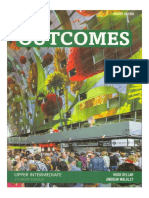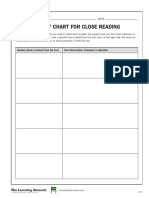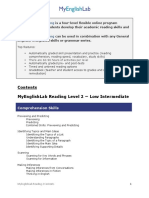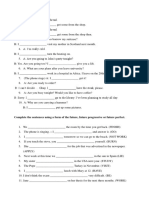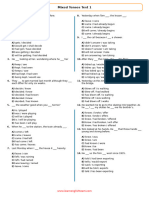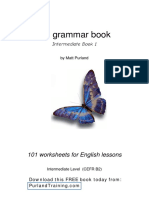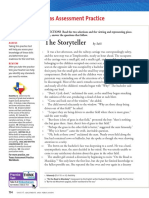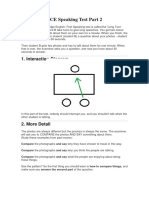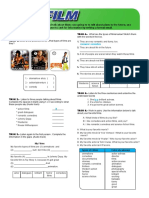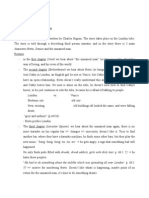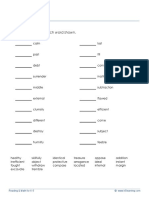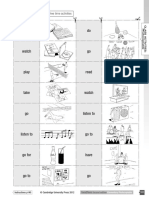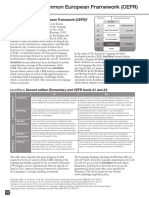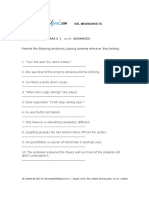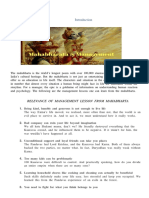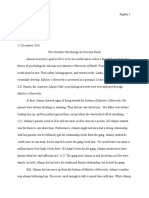PRESENT SIMPLE
1. To describe things that are always true, or situations as far as we know, will go on indefinitely.
For example: Trees grow more quickly in summer; Liz plays the violin brilliantly
2. To talk about habits or things that happen on a regular basis (combined with Adverbs of Frequency)
For example: I leave work at 12 pm most days.
3. To imply a more permanent situation.
For example: Banks lend money to make a profit
4. To talk about scheduled/timetabled future events.
For examples: His train arrives at 5 pm
5. Used with performative verbs (admit, advise, accept, beg, confess, congratulate, declare, deny, forbid, guarantee, name, inform, predict,
promise, recommend, suggest, thank, warn) and verbs describing states (agree, assume, believe, belong to, contain, cost, feel, hope, know,
like, look, love, prefer, realize, regret, resemble, think*, have* - eat, undergo, take, hold)
6. Used in commentaries, instructions and demonstrations
For example: Smith passes the ball to Dave, and Harris intercepts...; Ok, so here is the plan, you wait
outside and keep an eye on the man wearing a black hat; You go straight on the traffic lights, then
you turn left
7. To describe the plot of a book or film and to review them/introduce a quotation
For example: The film begins in a jungle. Daniel plays a hunter ; the book says that too much
8. Used in newspaper headlines
For example: Riots break out in city center
Page | 1
�PRESENT CONTINUOUS / PRESENT PROGRESSIVE
(are not used with Non Action/Stative verbs*) Includes:
Feelings: adore, despise, dislike, enjoy, hate, like, love, mind, prefer, want, regret*
Thought: think*, consider*, agree, assume, believe, disagree, forget, hope, know, regret, remember, understand
Senses: feel, hear, smell, see, taste
Possession: have*, own, belong
Description: appear*, look, resemble, seem, sound, look like, weigh
1. To talk about particular actions or events that have begun but have not ended at the time of speaking.
(now, at the moment, at present, currently, presently*)
For example: Who are you phoning? I am trying to get through to Joan
2. To talk about actions that are going on around now.
For example: I am studying hard this week
3. To imply a temporary situation (this week, these days, today)
For example: Banks are lending more money these days to encourage business to expand
4. To talk about changes, developments and trends (get, turn, become, increase, rise, fall, grow)
For example: I am beginning to realize how fun it is to be a teacher.
5. To indicate disapproval when something is done repeatedly. (always, constantly, continually, forever)
For example: You are constantly changing your mind
6. To describe how someone is behaving (to be + being)
For example: He is being foolish
7. To talk about future (near future) arrangement or intention with a verb of motion
For example: What are you doing tomorrow evening; He is flying back on Saturday
8. To describe something that we regularly do at a certain time
For example: We usually watch the news on TV at 9 (we start watching at 9); we are usually watching the news
on TV at 9 (were already watching at 9)
Page | 2
�Complete these sentences using the verbs in the brackets. Use the present simple or present continuous
1. Why ______________ you ______________ (jump) up and down?
2. At 8 oclock, I ____________________ to work, so phone me on my mobile. (usually, drive)
3. A man ____________________ (come) home late one night after the office Christmas party. His wife
____________________ (wait) for him, and she ____________________ (say) to him
4. Now that the rice ____________________ (cook) you ____________________ (chop up) the carrots and
tomatoes and ____________________ (put) them in a dish
5. A: I cant read this
B: You ____________________ (always, complain) about my handwriting.
6. Second quake ____________________ (hit) Central Japan.
7. I went to see a race last week, but I ____________________ (admit) that I dont know much about cars.
8. I __________________ (regret) that the company will have to be sold. (I have made the decision and I am sorry about it)
9. I ________________ (regret) about my decision to give him the job. (I am increasingly aware that it was the wrong decision)
10. I ____________________ (consider) taking early retirement.
11. Nurses ____________________ (look after) the patients.
12. The bus ____________________ (not, stop) at the station this week.
13. The price of oil ____________________ (get) really expensive.
14. The leaves ____________________ (turn) yellow.
15. By looking at the graph, there is a noticeable trend that it ____________________ (go) down.
16. I wonder why you ____________________ (be) so kind to me today, she replied suspiciously.
17. I ____________________ (move) out tomorrow.
18. The number of cars on the road ____________________ (increase) rapidly each year.
19. You ____________________ (work) hard today
20. I ____________________ (study) really hard for my exams.
21. I ____________________ (get) hungry. Lets go and eat.
22. I ____________________ (live) with some friends until I find a place of my own.
23. What time _________ our English class ____________________? (start)
24. She ____________________ (have) a great time.
25. I ____________________ (assume) you are too busy with the computer games.
Page | 3


